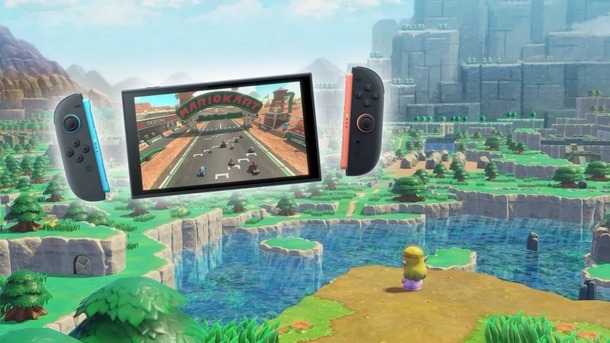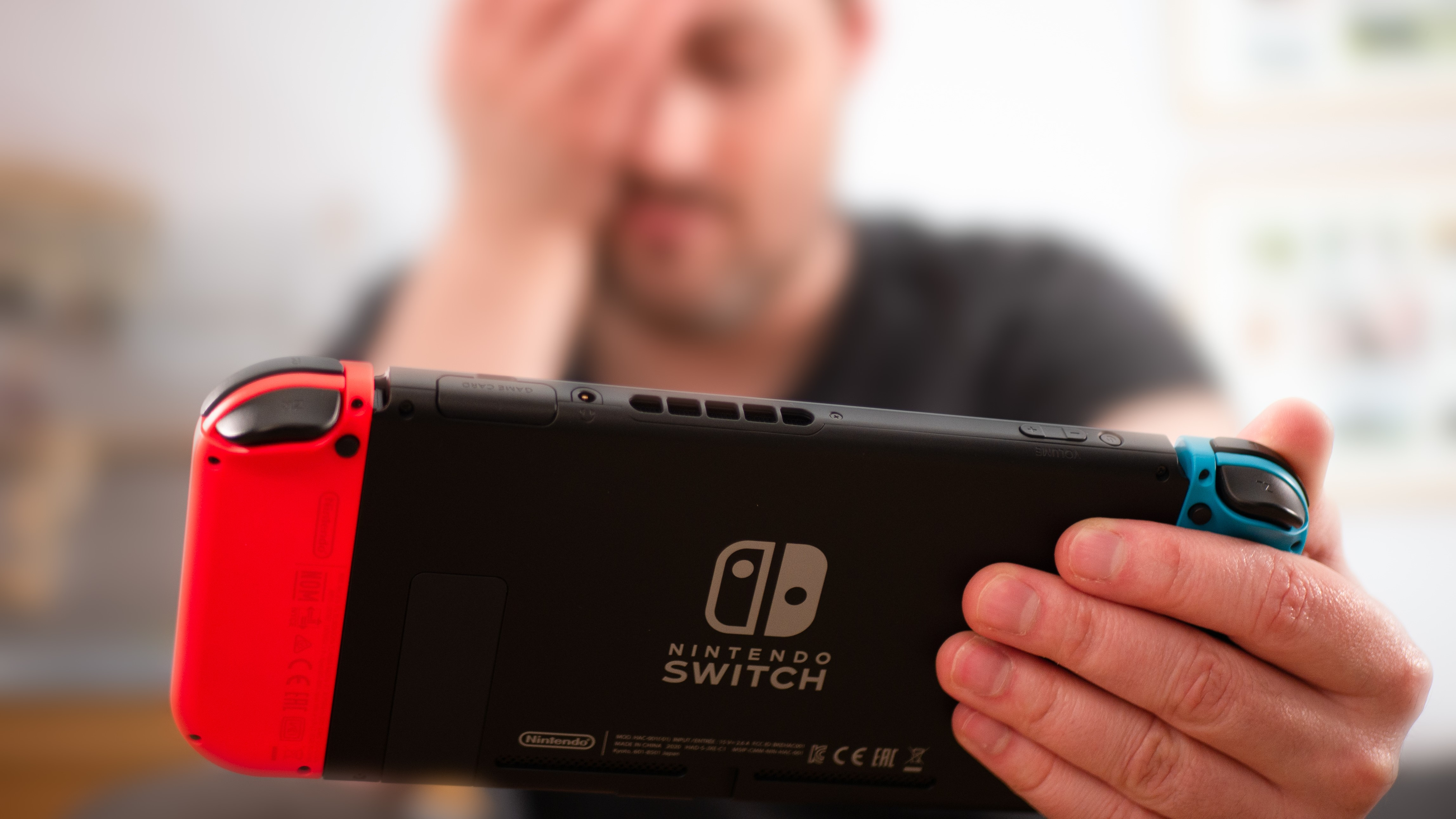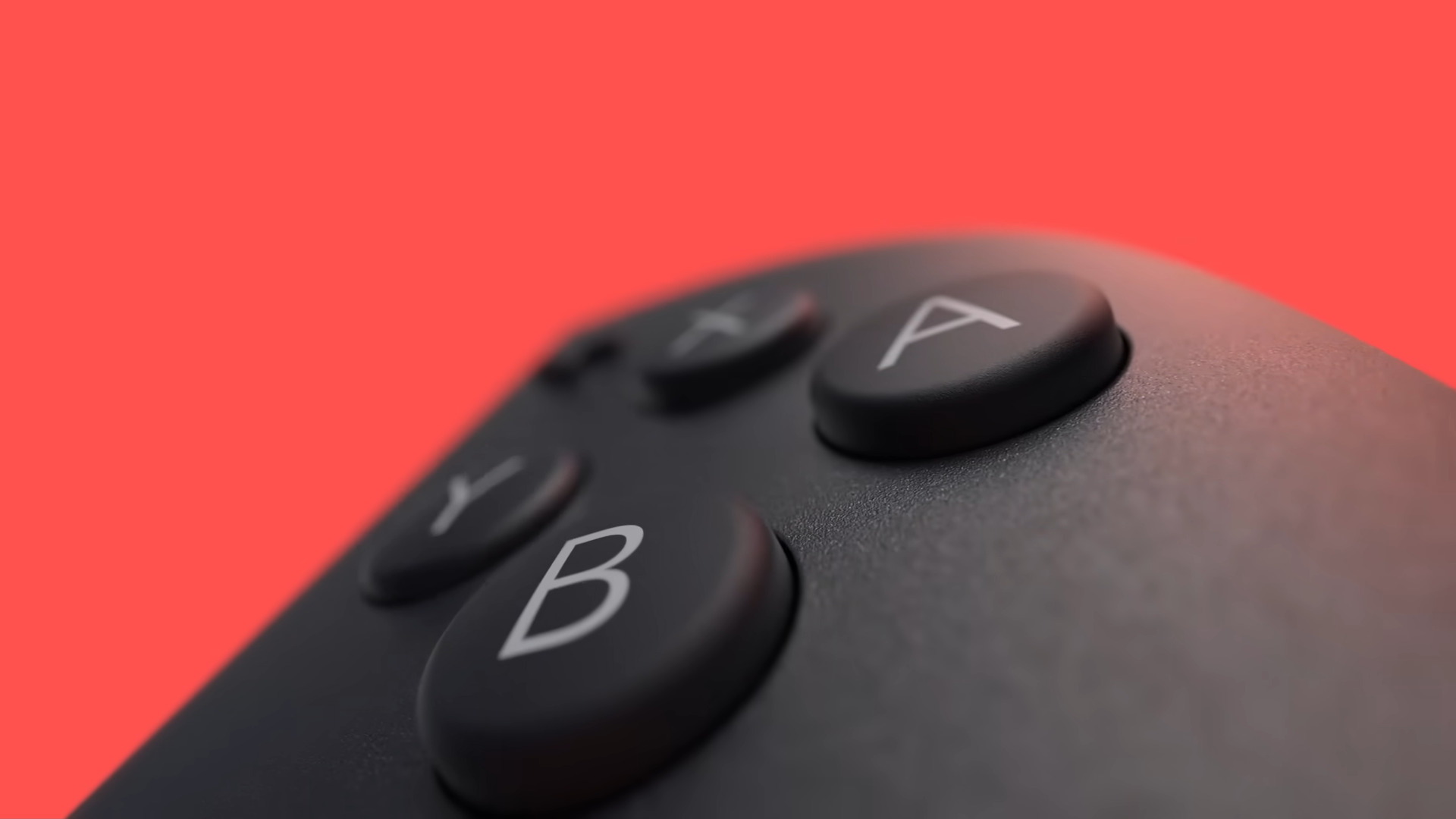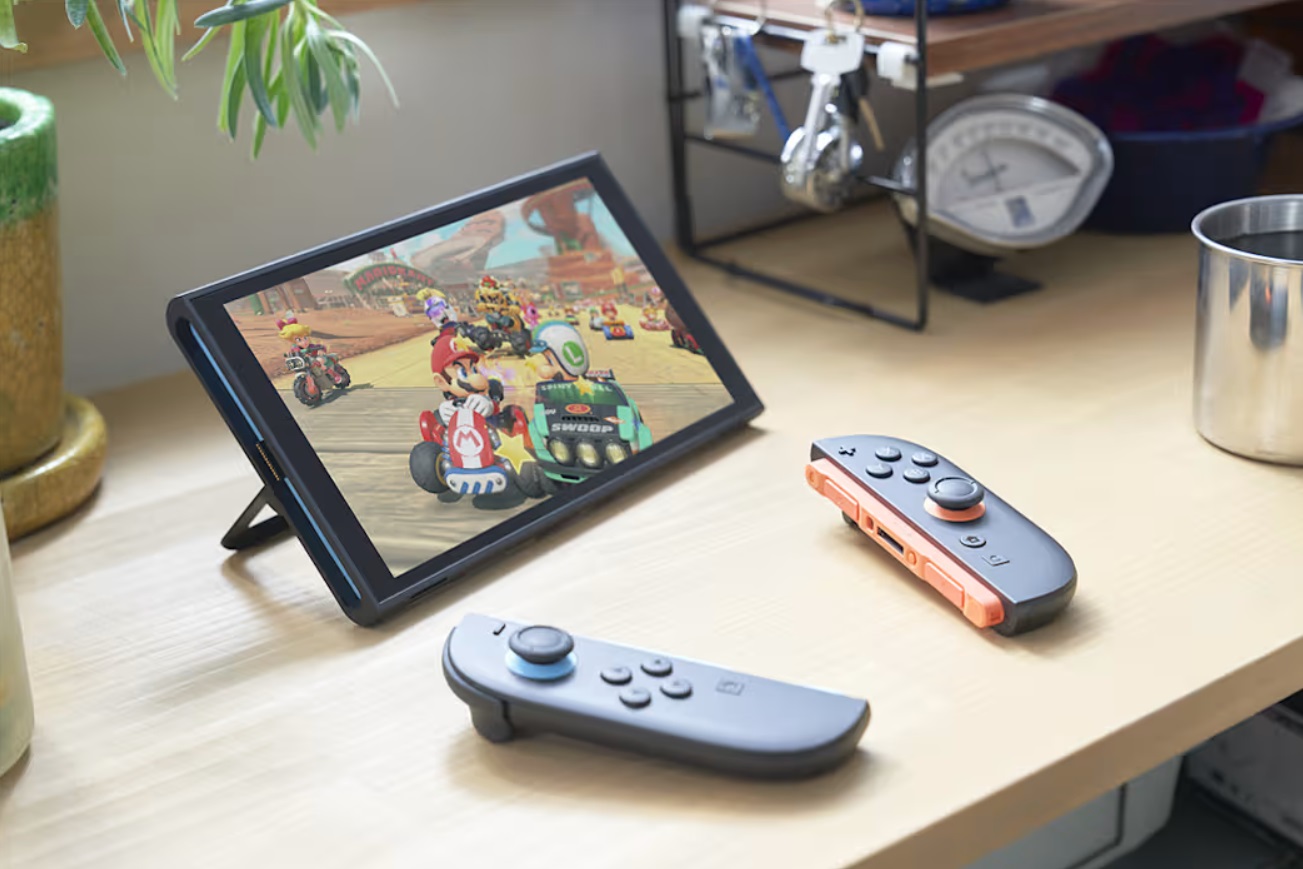The Nintendo Switch 2's game prices may single-handedly ruin gaming, and we need to stop it before it's too late
It's pure greed, and you can't convince me otherwise...

In 2020, during the introduction of the 'next-gen' PS5 and Xbox Series X and S consoles at the time, we saw a controversial price hike on games. The usual $60/50 (mostly for triple-A titles) suddenly went to $70, supposedly due to "games costing more to develop" and I, along with some other gamers, were quick to slam this.
To this day, I still absolutely detest this game price standard and haven't purchased a single full-price $70 PS5 title without using discounted gift cards - but little did I know, things would get worse.
Last week's Nintendo Switch 2 reveal went from exciting to infuriating in a matter of minutes, as the console's price point was unveiled online in the aftermath of the event (which was in itself already a red flag) - and while the $449.99 console price isn't exactly appealing, it's understandable in the current gaming climate. What isn't understandable is the inexcusable new game prices.
Nintendo's new Mario Kart World, and presumably many of the Switch 2's huge exclusive titles in the future, will cost an absurd $79.99 for a copy.
I hope I don't have to stress this any further, but this is downright outrageous and sets and extremely dangerous precedent for the rest of the video game industry: there are already rumors of Take-Two Interactive and Rockstar Games charging up to $100 for the highly anticipated GTA 6, and Nintendo has now thrown wide the doors for this possibility to become a reality.
There are very few games that warrant any price rises, and while I still believe no game should cost more than $60, Rockstar Games' GTA 6 is the only game that may be able to justify it considering the rumored development cost of $2 billion (but that doesn't mean it should be done nor do I want it to be).
However, the problem is that other game studios will likely follow suit, ultimately setting a new video game price standard and further making gaming a rich person's hobby.
Get daily insight, inspiration and deals in your inbox
Sign up for breaking news, reviews, opinion, top tech deals, and more.
Gamers, stop defending these actions because it's only going to get worse

As I've stated already, it's only been a few years since the $70 price hike, and we're now on the verge of yet another increase. Plenty of excuses are being thrown around; inflation, tariffs, whatever you want to list. The point remains, there is absolutely no excuse for expecting gamers to pay $80 for standard editions of games under any circumstances.
We live in a gaming era where microtransactions, paid DLCs, 'ultimate' editions, and pre-orders flourish, and successful publishers are likely earning more than enough (especially when it comes to recovering development costs) because of this.
When you pile these factors up alongside the number of copies sold, it's hard to use the argument that games are costing more to develop to justify the raises: while that might be true, the shareholder profits and executive bonuses have been booming too, at least among the big industry hitters.
There are still plenty of games that don't have ridiculously high budgets behind them and still turn out to be massive successes - particularly from indie developers. Balatro's mobile release made a million bucks in a week, and was largely made by a solo developer. So what other excuse is there?
It gets worse when you realize that Nintendo is also charging gamers for Nintendo Switch 2 Welcome Tour, a tool that's meant to instruct users on how to operate the device. I mean, seriously, Nintendo?
The same applies to the 'upgrade packs' for existing Switch games, which grant access to higher frame rates and resolutions on the Switch 2 - essentially, you're paying extra to unlock the console's full potential on older games. And before you say 'Sony did it first' with PS5 game upgrades, I was and still am vehemently against that practice.

It also has nothing to do with whether consumers are 'broke' and can't afford the Switch 2 or its games, a petty argument I've seen slung about online. It's very much about the principle of sudden price changes like this, without any clearly-communicated reason as a justification.
Look, I get it: inflation in the US over the past half-decade has been roughly 18.8%, largely thanks to the COVID-19 pandemic. On paper, a price leap from $70 to $80 doesn't sound like an unreasonable position for Nintendo, but let's be honest here.
Is game development truly that much more expensive than it was five years ago, or has the ever-looming spectre of capitalism simply found more even ways to bleed profit from a sector renowned for its mass layoffs, predatory monetization, and crunch working conditions?
It's worth noting that Nintendo rarely ever drops prices for its games, and one quick look at its online shop will reveal this. Games that are years old are typically found still at (or close to) their original launch prices.
Gaming has been a popular hobby for many consumers for years and has remained largely accessible: with practices like this, we're slowly veering away from that reality. If $80 becomes the new standard, we could see yet another major price jump in a few years, making a potential gaming industry crash a stronger possibility.
Voting with your wallet has never been more important than now...

If you share the same frustrations, there's only one way this can be stopped - and that's by voting with your wallet. Gamers still hold one major factor in cases like this, and that's power.
If sales for Mario Kart World were to dramatically fall off Nintendo's expectations, it would be forced to reconsider the $80 price point, at the very least. The moment gamers give up and accept this as the 'norm', the more we will continue to see game companies take liberties.
I still look at titles like Call of Duty: Black Ops 6 and the other recent entries in the multiplayer franchise, and I'm left in shock at the fact that they not only cost $70, but are filled to the brim with microtransactions for cosmetics pushing beyond $15 for individual items.
I'm talking literally a single skin for a weapon or character. One in-game model, most likely made by a small handful of 3D artists and animators on middling wages at best. And yet, we still mention how "it's too expensive to develop games" today, so prices must go up?
You also throw in the poor optimization in PC ports of big triple-A games, and the potential of consumers paying more to continue receiving unfinished and buggy games at launch. At that point, gamers must take a stand.
Besides Rockstar Games' GTA 6, which is a clear outlier - it's arguably the most anticipated game of all time, expected to reshape the open-world genre and realism in gaming - I can't bring myself to pay $80 or above for other games.
I seriously hope that this isn't just another controversy that's quickly forgotten about overnight, and we as gamers continue to voice our displeasure, because I promise you, if we don't, the future of accessible gaming for all won't be bright.
You might also like...
- I spent four hours with Nintendo Switch 2, and it hasn't just exceeded my expectations – it's blown them away
- The Nintendo Switch 2 could have one advantage over handheld gaming PCs - and it's probably not what you think
- How to pre-order the Nintendo Switch 2 – some pre-orders live now, and all the latest info

Isaiah is a Staff Writer for the Computing channel at TechRadar. He's spent over two years writing about all things tech, specifically games on PC, consoles, and handhelds. He started off at GameRant in 2022 after graduating from Birmingham City University in the same year, before writing at PC Guide which included work on deals articles, reviews, and news on PC products such as GPUs, CPUs, monitors, and more. He spends most of his time finding out about the exciting new features of upcoming GPUs, and is passionate about new game releases on PC, hoping that the ports aren't a complete mess.
You must confirm your public display name before commenting
Please logout and then login again, you will then be prompted to enter your display name.